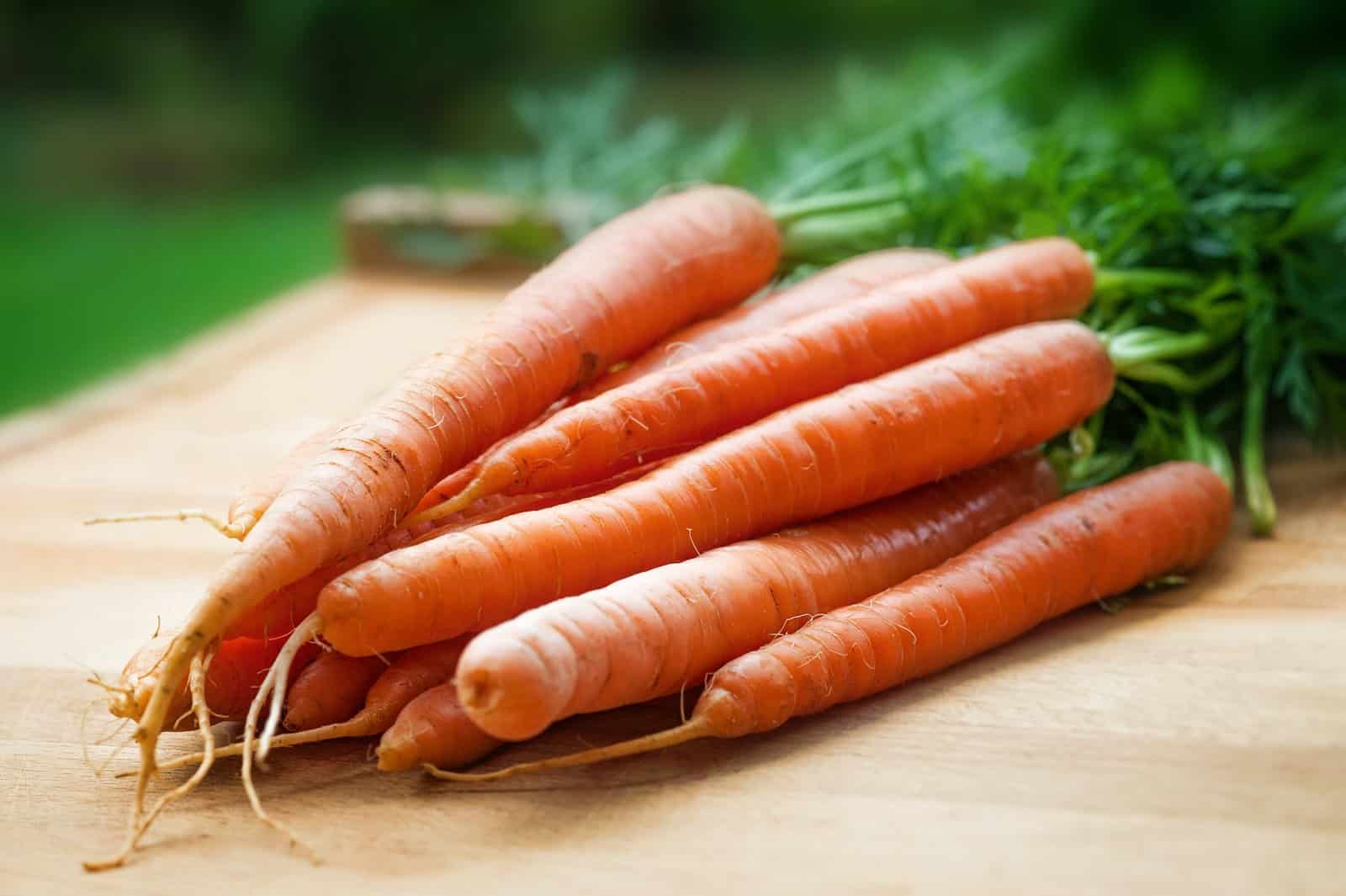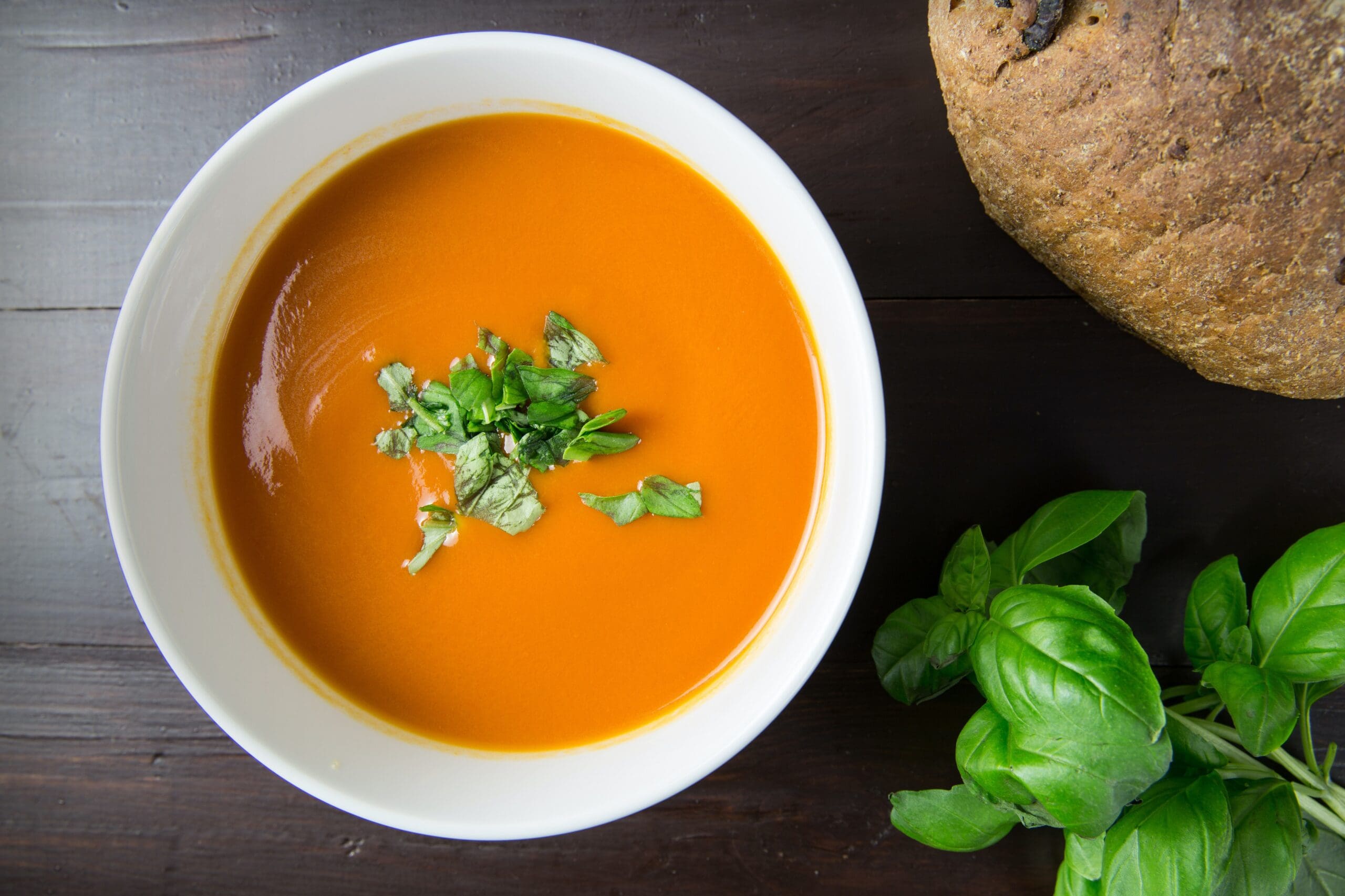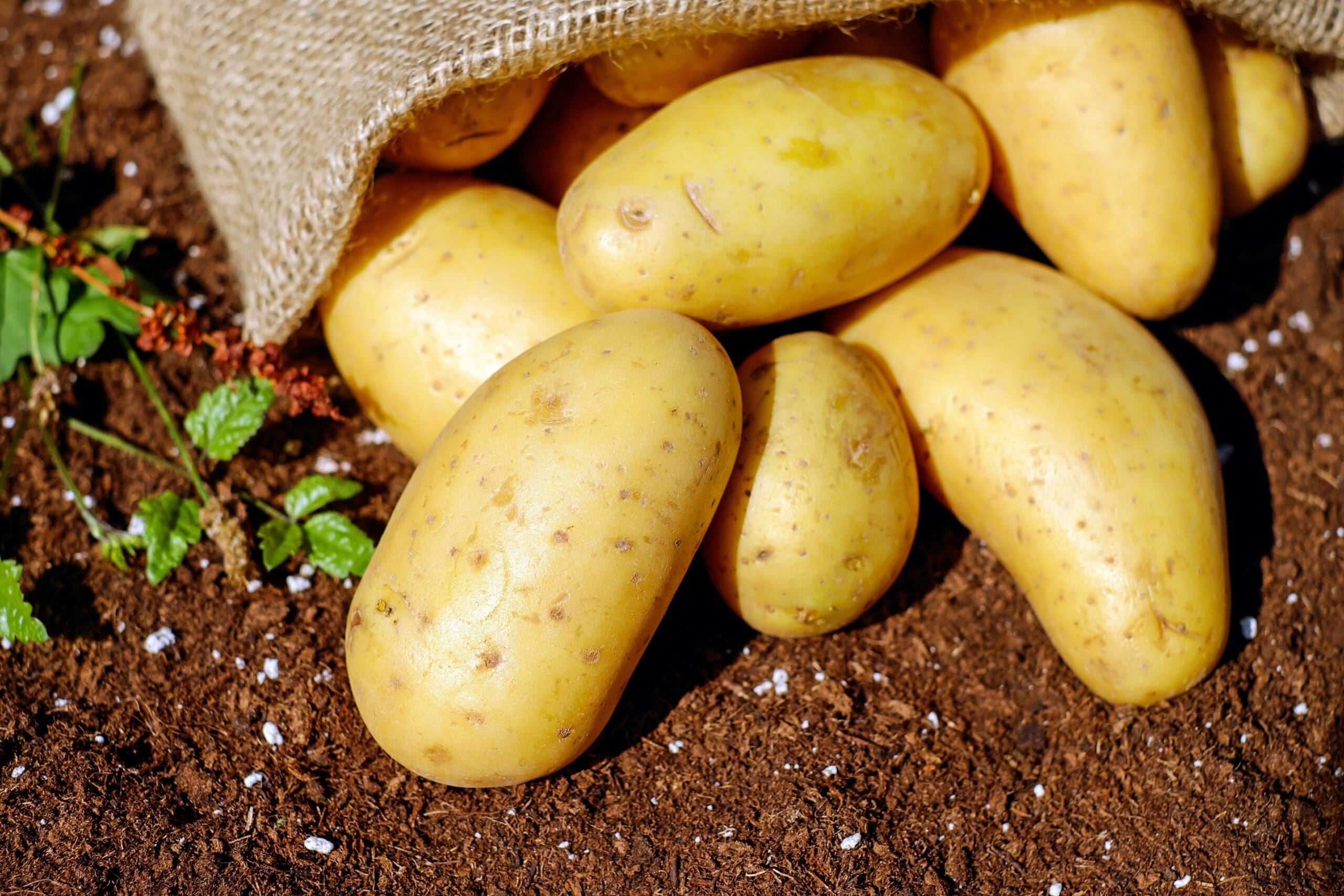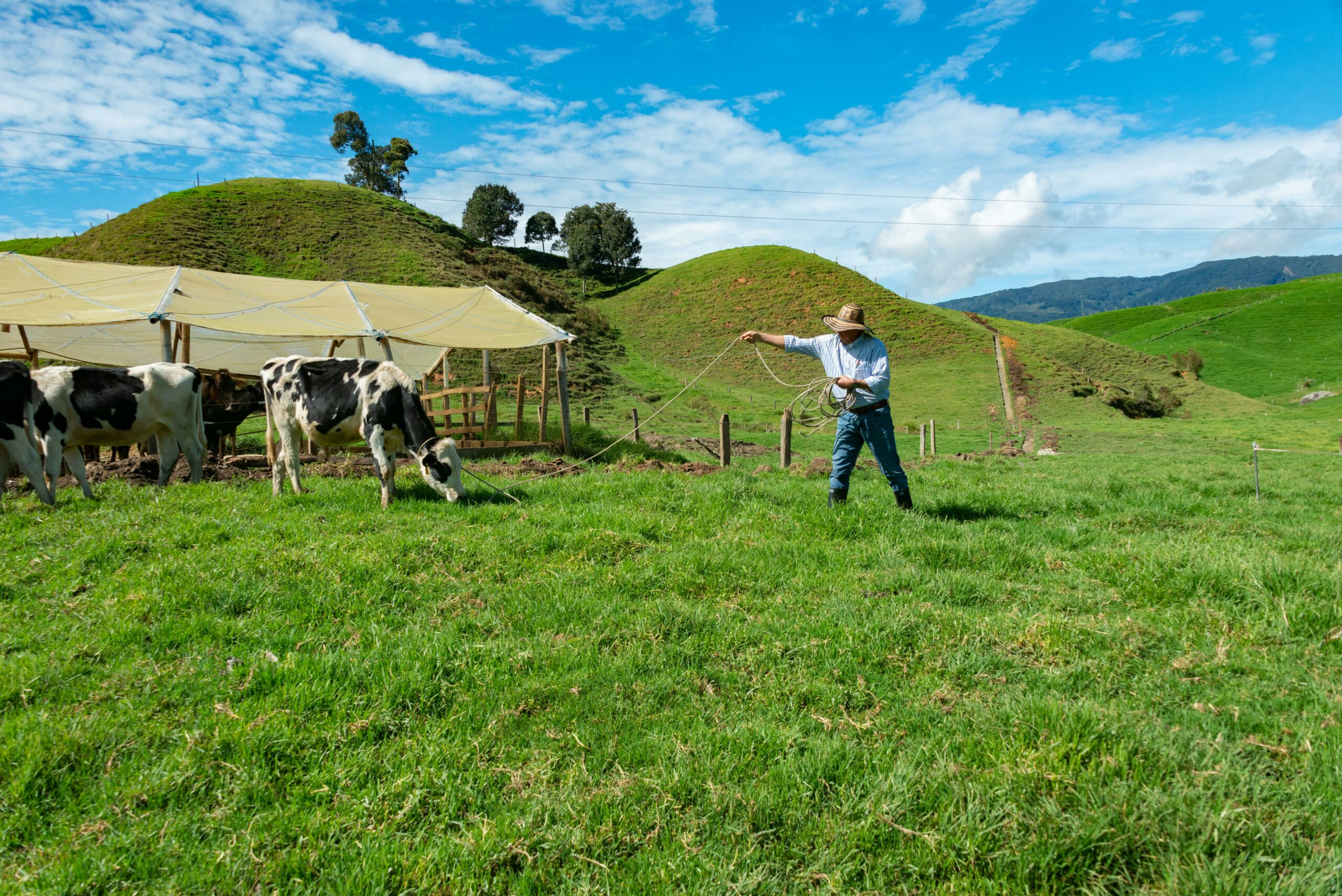
Vegetables Facts for kids – 5 Valuable Facts about Vegetables
Table of Contents
When we think about vegetables we probably think about healthy lifestyle. Here are five valuable vegetables facts for kids.
Vegetables Facts for kids Fact Number 1: Carrots Don’t Help You See in The Dark
Yes you may have heard that if you eat your carrots that you’ll be able to see in the dark. Unfortunately, this isn’t true, however carrots do keep your eyes healthy. Carrots do have nutritional value as they contain plenty of vitamin A, which is great for your immune system.
Did you know that the part of the carrot you eat is the root part of the plant, the actual plant part of carrots is the green bits we see above ground. This part can grow up to one metre high! Carrots contain beta-carotene which gives fruits and veggies their orange pigment.

Vegetables Facts for kids Fact Number 2: Cucumbers Are Technically a Fruit!
A cucumber is classified as a fruit because it grows from a plant and contains seeds, however because of how it is used in the culinary world, it is considered to be a vegetable. Some other foods that people call vegetables but are actually fruits are squashes, eggplants, and pumpkins. All these plants contain seeds, but true vegetables do not. Did you know that the phrase “cool as a cucumber” comes from the cucumber’s ability to remain cool even in warm conditions.

Vegetables Facts for kids Fact Number 3: Vegetables Can Grow Underground or Above Ground
The vegetables that we eat come from all different parts of the plant. Lettuce, brussels sprouts, spinach and cabbage are actually the leaves of plants. Broccoli and cauliflower are the flowers of their plant. Asparagus is the stem of a plant. Vegetables that grow underground are known as root vegetables. These include carrots, turnips, beets, radishes, and sweet potatoes.
Vegetables Facts for kids Fact Number 4: Vegetables Can Be Eaten in Many Ways
There are many ways you can include vegetables in your diet. Some people eat many fresh vegetables raw, while most people prefer to cook their vegetables. Vegetables can be baked, boiled, fried, steamed, and grilled. People cook vegetables to add them to soups, stews, casseroles or just have them on the side. Vegetables can even be made into smoothies and drunk. Vegetables are very good for our health, so it is important to eat as much as you can.

Vegetables Facts for kids Fact Number 5: Potatoes Were Grown in Space
In October 1995, NASA grew the very first vegetable in space. The vegetable of choice? A potato. The potato was grown while onboard the Space Shuttle Columbia. Tubers are a type of underground stem. Potatoes are the most commonly eaten tuber. Potatoes can be eaten in a variety of ways. Potatoes aren’t very nice raw and can be hard to eat.
Potatoes are cooked and served hot as part of a meal. Sometimes potatoes are served cold such as potato salad and crisps. Potatoes also have many different names such as poppies, spuds, mash and taters. The potato can be cooked in so many different ways such as boiled, fried, mashed, roasted and baked. What is your favourite type of potato?

We hope you enjoyed learning more things about vegetables much as we loved teaching you about them. Now that you know how majestic these vegetables are, you can move on to learn more about food and important minerals to our health: Carbohydrates, Food Waste, Fast Food, Italian Food, food in Japan, Food To Help You Study, Food Chains, Lemon, Grapes, Berries, Shrimps, Ginger, Raw Honey, Pistachios, Coconuts, Dark Chocolate, White Chocolate Bar, fruits, Coffee Beans, Table Etiquette, Potassium, Cooks, Palm Trees, Types of Trees and Trees.
Come and learn more about our human body like: Brain, Eyes, Nose, Teeth, Ears, Muscles, The Respiratory System, urinary system, skeletal system, Nervous System, Digestive System, Urinary System, Cells and cardiovascular system.
Why not subscribe to our LearningMole Library for as little as £1.99 per month to access over 2800 fun educational videos.


Leave a Reply